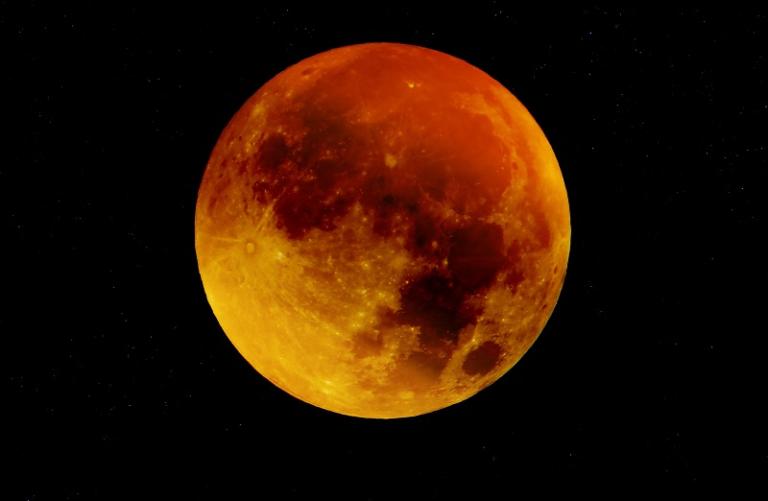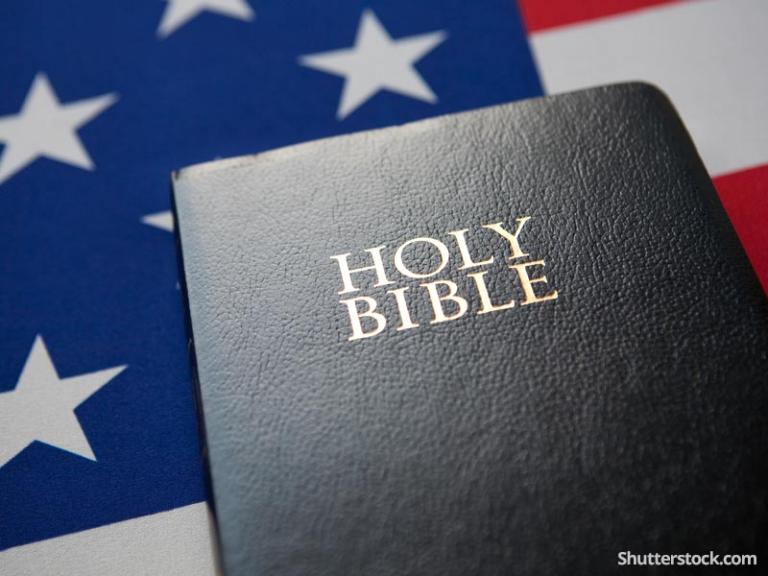 Most people have gone stargazing at least once in their life. Some people find the idea of staring at the sky a waste of time, others think fondly back on childhood moments with friends or parents and still others become all but obsessed with watching the movements of the heavens. While most people do not go outside every night to watch the stars, unusual astronomical phenomenon always attract a lot of attention. Thousands of people traveled hundreds of miles to witness the total solar eclipse in 2017, and dozens of people bundle up in warm clothing every year to witness the Geminid meteor shower in December. As such, it is no surprise that the upcoming lunar eclipse and subsequent blood moon have received quite a bit of attention.
Most people have gone stargazing at least once in their life. Some people find the idea of staring at the sky a waste of time, others think fondly back on childhood moments with friends or parents and still others become all but obsessed with watching the movements of the heavens. While most people do not go outside every night to watch the stars, unusual astronomical phenomenon always attract a lot of attention. Thousands of people traveled hundreds of miles to witness the total solar eclipse in 2017, and dozens of people bundle up in warm clothing every year to witness the Geminid meteor shower in December. As such, it is no surprise that the upcoming lunar eclipse and subsequent blood moon have received quite a bit of attention.
July’s lunar eclipse and blood moon have gotten press from more than astronomy enthusiasts. They have also drawn the interest of various doomsday preachers. John Hagee and Mark Blitz have both claimed that the July 2018 blood moon is part of a series of events that herald the end of days as predicted in the Acts of the Apostles and the Book of Revelation. Hagee and Blitz have interpreted an ongoing “tetrad” as an indicator of the end of the world. The “tetrad” was a series of four consecutive lunar eclipses separated by six full moons that began in April 2014.
End of the world theories are always common around blood moons. Both Revelation and Joel state that “the moon [will turn] to blood” before the final judgment day. These doomsday predictions have yet to pan out with modern blood moons.
As alarming and fascinating as they sound, blood moons are not terribly uncommon. Blood moons are caused by Rayleigh scattering, a phenomenon where naturally occurring pollution, such as dust from storms and faint traces of volcanic gases and ash, block higher frequencies of light. Blue light, as a result, is filtered out, but the long wavelength of red light can pass through the atmosphere. Thus, during the time when Earth stands between the sun and the moon in a lunar eclipse, the moon turns a shade of red. Lunar eclipses happen multiple times a year. Only some of these eclipses are the partial and total lunar eclipses that herald a blood moon, but most years still have at least one total or partial lunar eclipse. As such, it is unlikely that anyone needs to cancel their August plans due to the arrival of Judgement Day. It would be worth it, however, to skip brunch on July 28th in order to watch the total lunar eclipse the previous night. A blood moon may be relatively common, but that does not mean that it is not an incredible sight to see.


